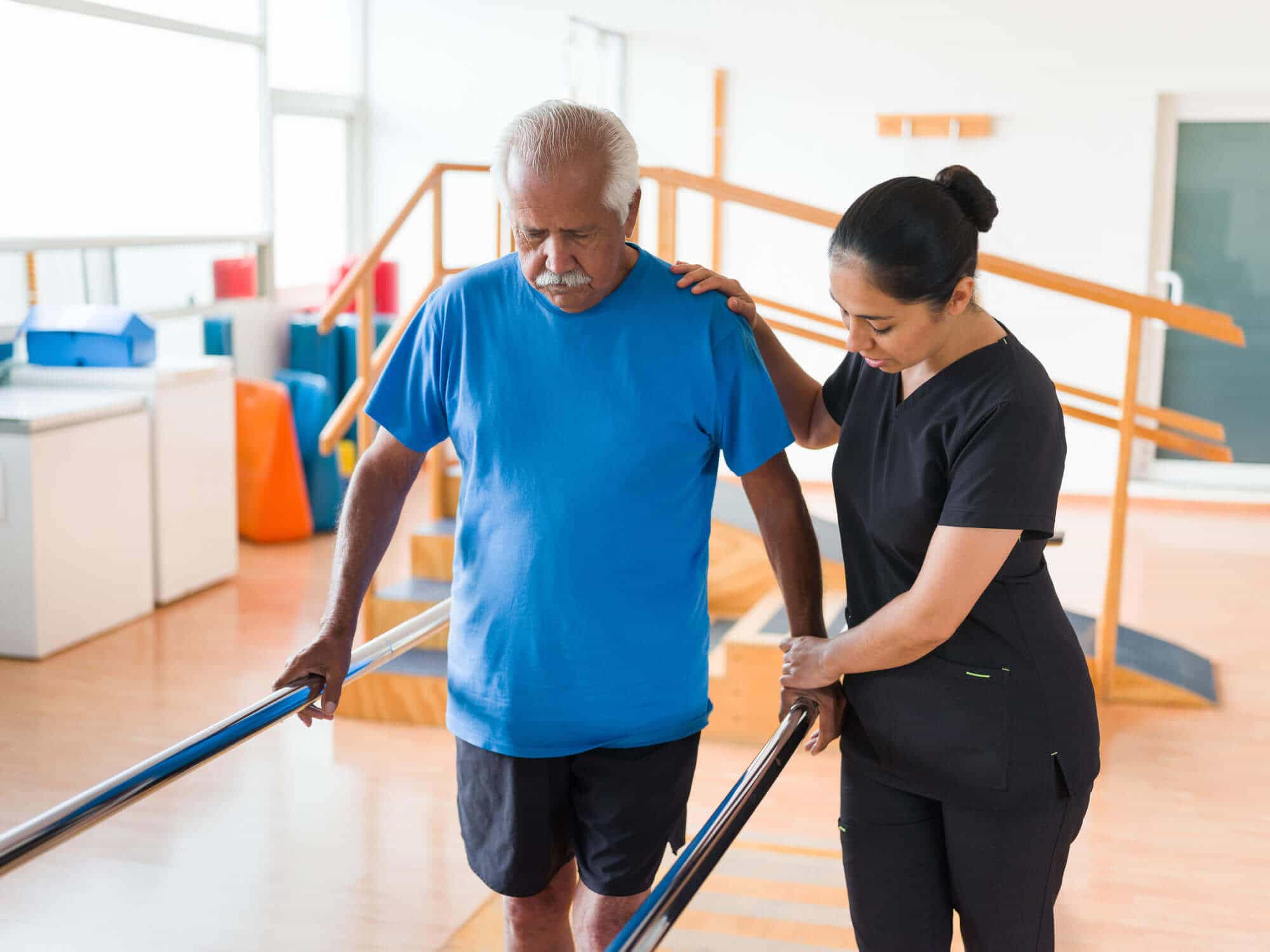Enhancing Efficiency and Reducing Harm Risk through Thorough Assessment of Equilibrium and Stability through Practical Movement Assessment.
Balance and stability are crucial elements of physical fitness and overall well-being. They play a critical part in daily activities, athletic capability, and injury prevention. When an individual has good equilibrium and steadiness, they are less likely to trip or incur damages during physical exercises. One effective way to assess these qualities is through Practical Motion Assessment (FMS). FMS is a tool used to analyze motion styles and recognize imbalances or deficiencies that could result to harm.
Practical Motion Screening includes a sequence of specific tests that examine how well a person functions. The tests focus on fundamental movements such as squatting, lunging, and flexing. By watching these actions, coaches and healthcare professionals can identify areas where an individual may have difficulty. For example, if someone has trouble keeping equilibrium while performing a squat, it may indicate a need for targeted workouts to enhance strength and control. This evaluation not only detects deficiencies but also helps to track progress over time.

In addition to this to recognizing areas for enhancement, FMS serves a vital role in preventing company website injuries. Many injuries occur as a result of poor movement patterns, which can be detected through functional assessments. By tackling these problems early on, people can reduce their risk of injury during sports or other bodily exercises. For instance, a jogger who demonstrates an imbalance in their gait may be increasingly susceptible to knee injuries. By adjusting these imbalances through specific exercise programs, the chance of harm can be significantly reduced.
Additionally, enhancing performance is another advantage of performing a comprehensive assessment of balance and steadiness. Sportspeople and active individuals often aim to enhance their performance in specific sports or tasks. A comprehensive understanding of their motion patterns allows trainers to create customized exercise regimens that target particular weaknesses. By improving equilibrium and steadiness, athletes can enhance their total capability, whether shoulder rehabilitation it’s running faster, leaping taller, or executing precise actions in their sport.
In conclusion, the importance of assessing equilibrium and steadiness through Functional Motion Assessment cannot be overstated. This comprehensive evaluation serves as a basis for enhancing bodily wellness, preventing injuries, and improving athletic performance. By recognizing areas of deficiency and implementing targeted exercise strategies, people can attain better outcomes in their bodily activities. Focusing on balance and steadiness not only results to improved performance but also adds to a healthier, increasingly energetic lifestyle.